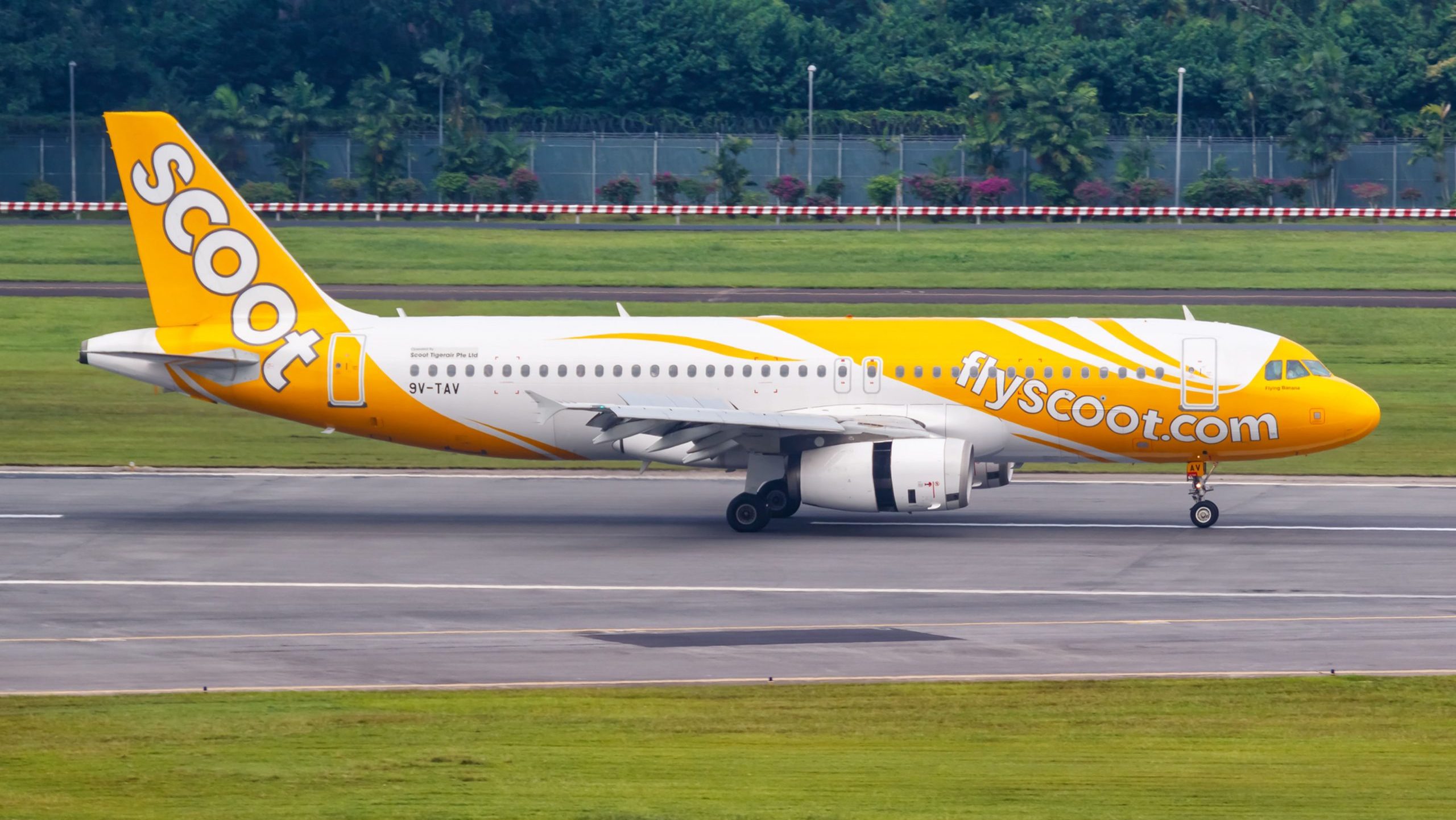SINGAPORE: Several Asian airlines, including Singapore Airlines (SIA), have recently altered their flight paths to avoid Iranian airspace due to escalating tensions in the Middle East.
The change, which took effect on Aug 2 at 1:30 am, also affects Scoot, SIA’s low-cost subsidiary, as reported by Channel News Asia.
SIA’s new routes impact flights to and from several European destinations, including Amsterdam, Brussels, Copenhagen, Frankfurt, Istanbul, London, New York (JFK and Newark), Manchester, Milan, Munich, Paris, Rome, and Zurich.
Scoot flights between Singapore and Athens are also affected.
Despite these changes, SIA has confirmed that no flights have been cancelled. According to the carrier, passengers may experience “slightly longer travel times” for some flights, but SIA is prepared to assist with re-accommodations if necessary due to extended flight durations.
“We will continue to closely monitor the situation in the Middle East and adjust our flight paths as needed,” SIA said.
This follows a previous suspension of flights over Iran by SIA, which resumed on June 27. The airline initially avoided Iranian airspace for over two months as a “precautionary measure” after Iran warned of retaliation for an air strike on April 1.
In response to the growing tensions, OpsGroup, an organisation providing flight risk information, has advised airlines to avoid Iranian and Iraqi airspace.
The group has warned that if the conflict escalates, there could be increased risks from drones, missiles, and GPS spoofing—a method where false signals are used to disrupt a plane’s navigation system.
Other global airlines are also adjusting their routes. Lufthansa, United Airlines, Delta Air Lines, and ITA Airways have suspended flights to Tel Aviv. On Thursday, Canada issued a notice for its aircraft to avoid Lebanese airspace for a month due to military risks.
For the past month, Britain also warned pilots about potential threats from anti-aircraft weaponry and military activity in Lebanon. /TISG
Featured image by Depositphotos

